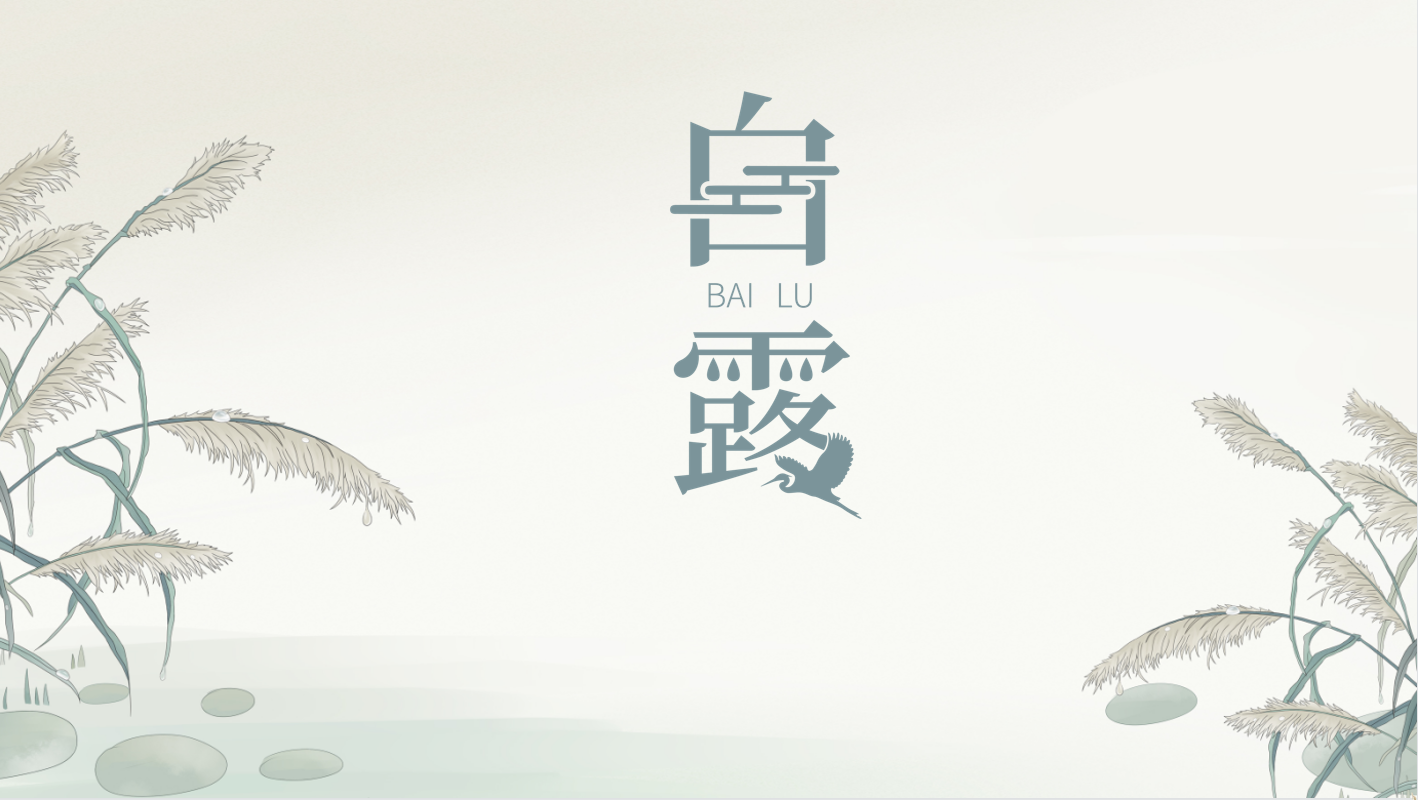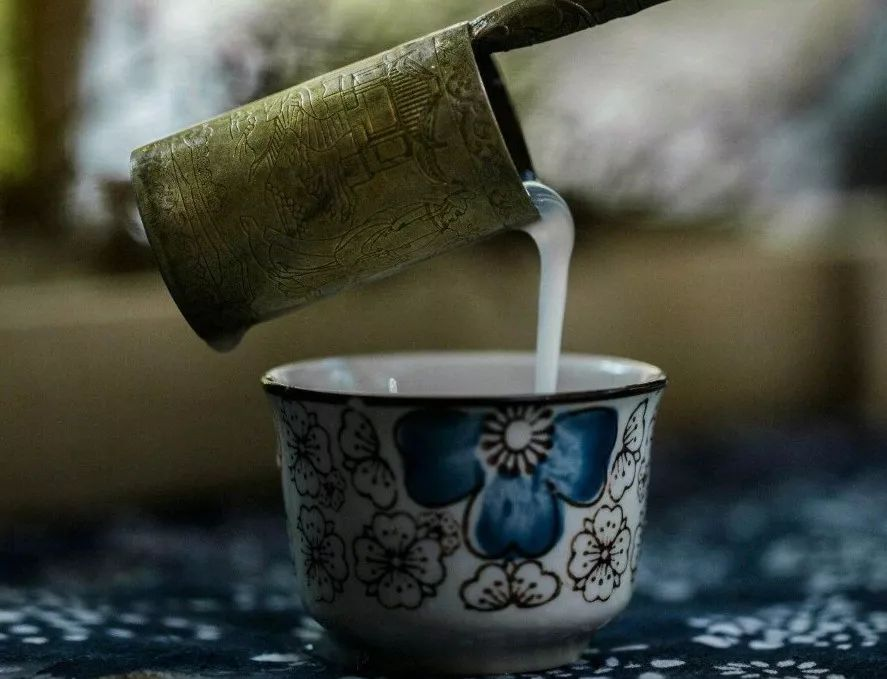Editor's note: The 24 Solar terms are an ancient Chinese calendar used to guide farming. They are the crystallization of the accumulated experience and wisdom of the working people of the Chinese nation. Since ancient China was an agricultural society, people required a strict understanding of the sun’s movement, and farming was conducted entirely according to the sun as well. Therefore, the “24 solar terms”, which reflects the sun’s movement cycle, were added to the calendar as the standard for determining leap months. The 24 solar terms are: Start of Spring, Rain, Awakening of Insects, Spring Equinox, Qingming festival, Grain Rain, Start of Summer, Grain buds, Grain in Ear, Summer Solstice, Minor Heat, Major Heat, Start of Autumn, End of Heat, White Dew, Autumn Equinox, Cold Dew, Frost’s Descent, Start of Winter, Minor Snow, Major Snow, Winter Solstice, Minor Cold and Major Cold. On November 30, 2016, China’s “24 Solar terms” were officially inscribed on UNESCO’s Representative List of intangible Cultural Heritages of Humanity. We have introduced this 24 Solar terms column to bring you a taste of the beauty of traditional Chinese culture.
White Dew, the 15th of the solar terms on the Chinese lunar calendar, falls on September 7. After this day, the temperature declines gradually and dew condensed from vapors often hangs on tree leaves in the early morning.

White Dew
Chinese people usually consider White Dew to be the real beginning of Autumn because it indicates a rapid decrease in temperature. Even though the cold can’t get rid of the strong sunshine entirely, the temperature difference between daytime and night can be 10 degrees Celsius or more. That’s why vapors more easily turn into white dew hanging on the tree leaves and grass blades.
Tea lovers in particular welcome White Dew as a great time in the year. The strong sunshine enhances photosynthesis, and the low temperature at night inhabits the respiration of tea plants. Thus, more organic matter is accumulated and stored so that White Dew Tea has a distinctively mellow taste. Compared with tea in other seasons, White Dew Tea has a more layered flavor and fragrance. Drinking White Dew Tea not only helps with digestion but also aids in helping to lose weight.

White Dew Tea
For the most enthusiastic tea lovers, mellow tea requires fresh water. They usually gather morning dew at this time of the year. This tradition originated in the Ming Dynasty, when people believed that boiling dew could cure diseases. This information comes from the Compendium of Materia Medica, a book which records ancient Chinese medical prescriptions.
In some areas of China, people have a tradition of gathering 10 herbal medicines on this day with the goal of keeping healthy. These herbal medicines all contain the Chinese word “bai” which means white. Stewing these herbal medicines nourishes the body, which prevents people from being sick during the changing season.
This time of year always makes people sensitive. Du Fu, an outstanding poet from the Tang Dynasty, wrote Thinking of My Brothers on a Moonlit Night during this time. In his words: “Dew turns into frost since tonight. The moon viewed at home is more bright.” Chilly dew in Du’s imagination deepens his sentiment of what is lost, and his feelings demonstrate the desolation of the view.
Still, as Mid-Autumn Festival approaches, a cup of White Dew tea and a sweet mooncake are always worth enjoying.

